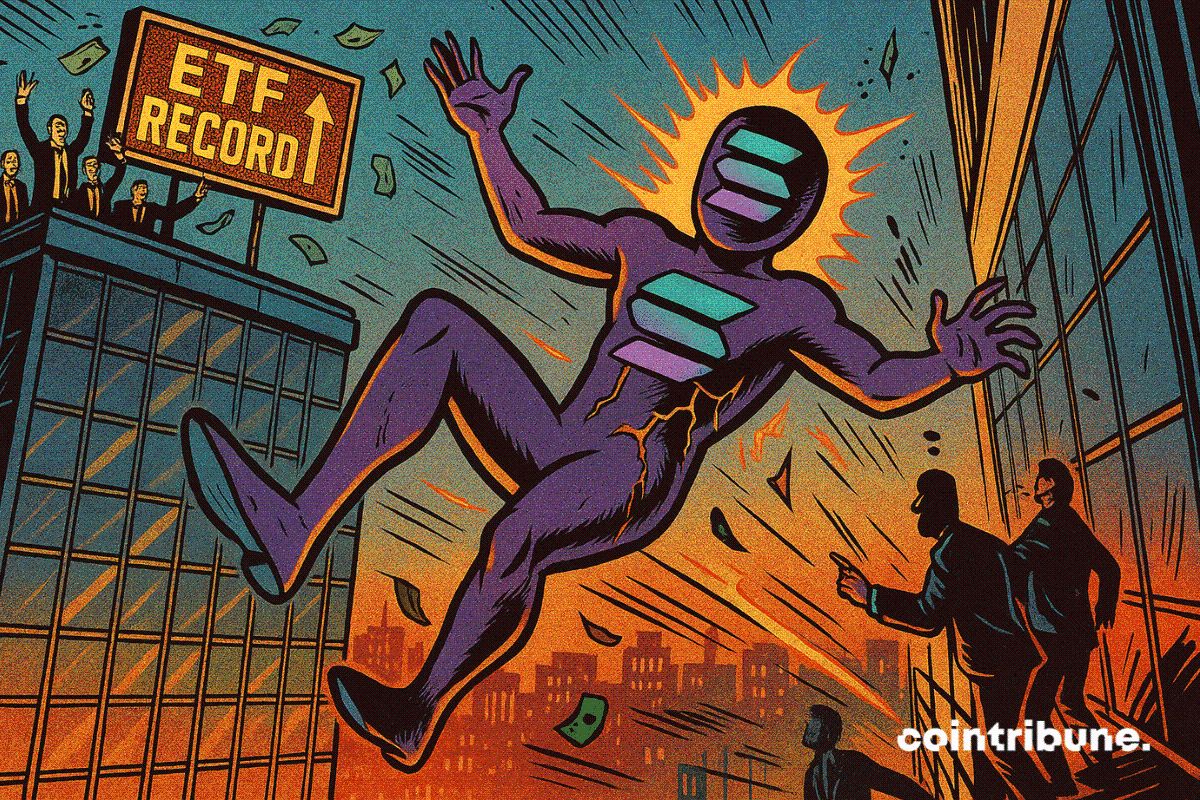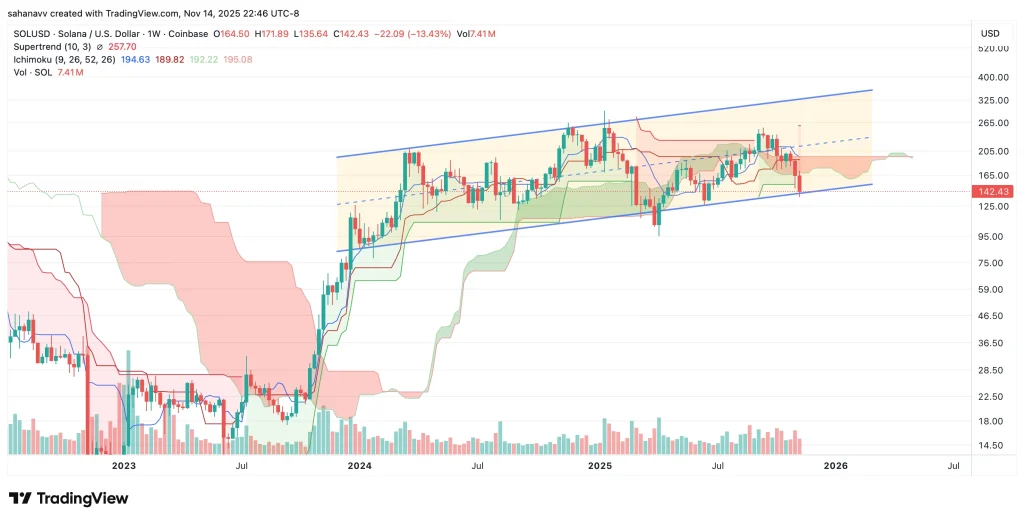Ethereum News Today: TRON's 60% Fee Cut: A Gamble for Growth or a Warning Sign?
- TRON’s Super Representatives approved a 60% transaction fee cut, effective August 29, to boost user adoption and transaction volumes. - The reduction lowers energy unit costs from 210 to 100 sun, targeting high-volume activities like stablecoin transfers. - TRON handles over $80B in USDT annually, leveraging low fees and fast processing to dominate remittances in key regions. - TRX’s price remains stable at $0.34, with analysts debating if the cut will drive volume growth or weaken token burning rates. -
The TRON network is on the verge of implementing its most significant fee reduction in history, with a 60% cut in transaction costs approved by the Super Representative community. The proposal, which has received 17 of the 27 required votes as of August 27, will take effect on August 29. This move, confirmed by TRON founder Justin Sun, aims to enhance user adoption and increase transaction volumes. The fee reduction lowers the price of energy units from 210 sun to 100 sun, significantly cutting transaction costs for users, particularly those engaging in high-volume activities such as stablecoin transfers.
The proposed changes reflect TRON’s strategy to remain competitive in the fast-evolving blockchain landscape. By lowering fees, the network aims to attract more users and developers, especially in use cases that prioritize cost efficiency over complexity. Historical data supports the effectiveness of such measures, with similar reductions in the past contributing to increased smart contract deployments and ecosystem growth. However, the reduction carries potential risks, including a slowdown in token burning rates, which currently stand at 76 million TRX annually. This could lead to an increase in the circulating supply of TRX unless transaction volume rises to compensate.
TRON’s dominance in stablecoin transactions is underscored by its handling of over $80 billion in USDT as of Q2 2025, representing more than half of the global supply. This growth is attributed to TRON’s low fees and fast settlement times, making it an attractive option for remittances and peer-to-peer transactions, particularly in regions such as Latin America, the Middle East, and Asia-Pacific. The network’s ability to process over 2,000 transactions per second further reinforces its appeal as a high-throughput, low-cost stablecoin infrastructure.
The impact of the fee cut on TRX’s price remains a subject of analysis. Currently trading at $0.3429, TRX has seen a 20% decline from its December 2024 high. Technical indicators suggest a neutral market, with $0.34 acting as key support and $0.36 as resistance. While the immediate-term outlook appears bearish, with moving averages and the MACD signaling a sell signal, the long-term potential for the token hinges on whether the fee reduction drives increased transaction volumes and TRX burns. Analysts note that lower fees could further consolidate TRON’s lead in USDT transactions and potentially increase network revenue.
The governance model of TRON, which relies on 27 Super Representatives, has enabled the swift passage of the fee-cut proposal. However, this structure raises concerns about centralization, a factor that contrasts with the more decentralized approach of networks like Ethereum . Despite this, TRON’s streamlined governance and efficient transaction processing have positioned it as the preferred network for stablecoin payments, particularly USDT. The network’s integration with major exchanges and wallets, which often default to TRC-20 for USDT transactions, further cements its role as the backbone for stablecoin activity.
As TRON moves forward with the implementation of the fee cut, the network will likely continue to monitor and adjust its pricing strategy every three months to maintain a balance between competitiveness and sustainability. The outcome of these adjustments, combined with broader market dynamics and regulatory developments, will determine TRON’s trajectory in the coming months. The success of the fee reduction in boosting user adoption and transaction volumes will be critical to the network’s long-term viability and its ability to maintain its dominant position in the stablecoin market.

Disclaimer: The content of this article solely reflects the author's opinion and does not represent the platform in any capacity. This article is not intended to serve as a reference for making investment decisions.
You may also like
SOL Price Dives Despite $370M ETF Inflows

Crypto Sell-Off Deepens Despite Expectations of Fed Rate Cuts
9 XRP ETFs to Launch in 10 Days, Franklin Templeton Leads Next Week’s Rollout
Solana Faces Critical Weekend Test as Bitcoin and Altcoins Wobble: Will SOL Price Regain $170?
